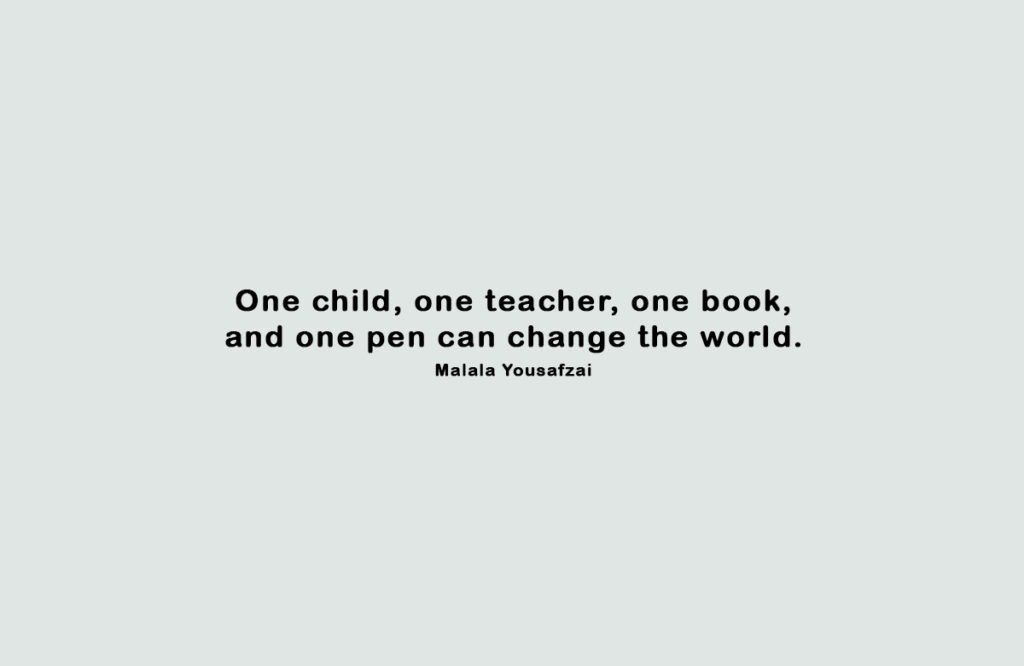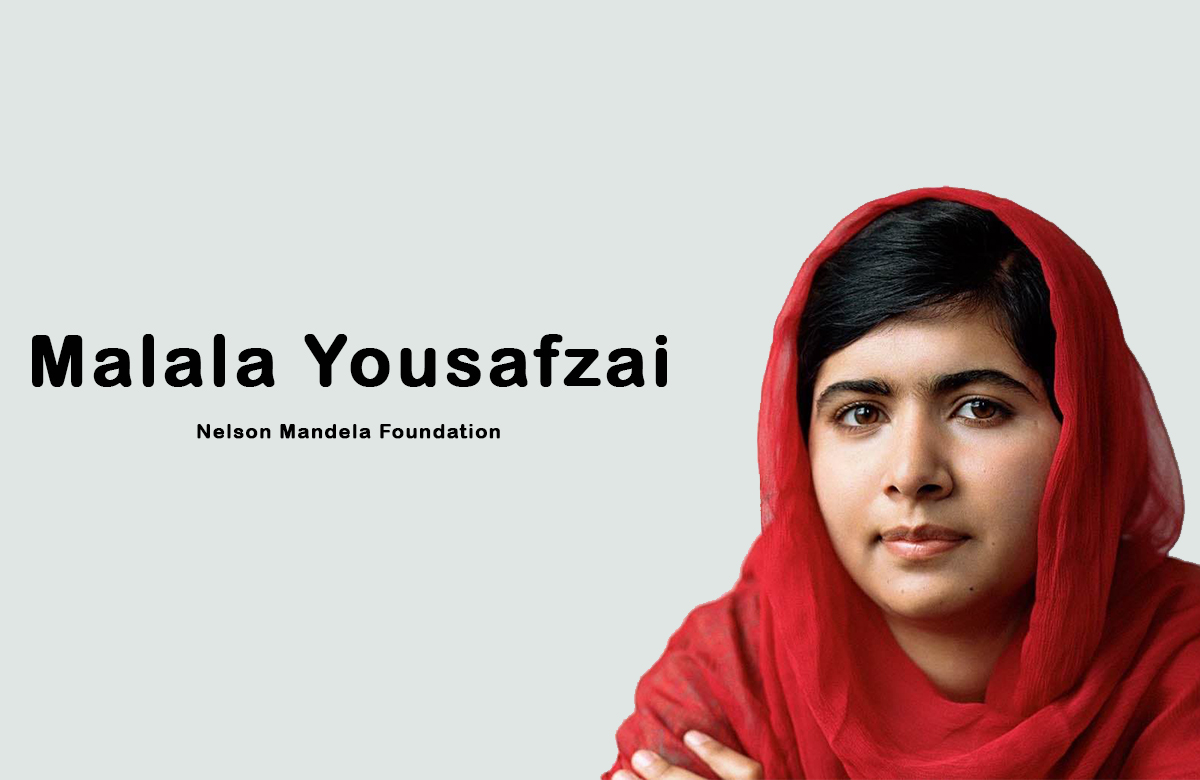At just 15 years old, Malala Yousafzai was shot in the head by the Taliban for one simple reason: she believed that girls should have the right to go to school.
But that bullet didn’t silence her — it amplified her voice.
Today, Malala is the youngest Nobel Peace Prize laureate, a global advocate for education, and a powerful symbol of courage, resilience, and hope.
This is the inspiring story of how one girl from a remote valley in Pakistan defied extremists, survived an assassination attempt, and sparked a worldwide movement for equal education for all children.
Early Life & Background
A Girl Born for Change
Born on July 12, 1997, in Mingora, Swat Valley, Pakistan, Malala Yousafzai grew up in a family that valued education and justice.
Her father, Ziauddin Yousafzai, was a teacher and education activist who ran a school for girls — a bold act in a region where conservative forces often opposed female education.
From a young age, Malala:
- Excelled in her studies
- Loved reading and writing
- Spoke out against injustice
- Was inspired by her father’s passion for learning
When the Taliban took control of Swat Valley in 2007, they banned girls from attending school, destroyed over 400 schools, and spread fear across the region.
Malala refused to stay silent.
A Voice That Wouldn’t Be Silenced
Blogging for Education
In 2009, at just 11 years old, Malala began writing a blog for the BBC Urdu under a pseudonym: “Gul Makai”.
She wrote about:
- Life under Taliban rule
- Her fear of not being able to attend school
- The importance of education for girls
- The courage of teachers and students
Her blog went viral, drawing international attention to the crisis in Swat Valley.
She also gave interviews to TV channels, saying:
I want education for the sons and daughters of all extremists, especially the Taliban.
The Attack That Shocked the World
Surviving the Bullet
On October 9, 2012, as Malala rode the school bus home, a masked gunman boarded and shouted her name — then shot her in the head.
She was critically injured and rushed to a hospital in Peshawar, then flown to Birmingham, UK, for emergency treatment.
Doctors weren’t sure she would survive.
But Malala fought back — and after multiple surgeries and months of recovery, she returned stronger than ever.
The world watched in awe as she emerged not as a victim, but as a global symbol of resistance and hope.
Rise as a Global Education Advocate
From Survivor to Nobel Laureate
After her recovery, Malala didn’t retreat — she launched a mission.
In 2013, she co-founded the Malala Fund with her father — a nonprofit organization dedicated to helping girls around the world go to school.
She:
Spoke at the United Nations on her 16th birthday
Published her memoir, I Am Malala, which became an international bestseller
Met with world leaders, including U.S. Presidents and UN officials
Advocated for education in Nigeria, Kenya, Afghanistan, and Syria
In 2014, at just 17 years old, she was awarded the Nobel Peace Prize — becoming the youngest recipient in history.
She shared the prize with Kailash Satyarthi, an Indian child rights activist.
What the Malala Fund Does
Changing Lives, One Girl at a Time
The Malala Fund invests in education programs in developing countries, focusing on:
Building safe schools
Training female teachers
Advocating for policy changes
Supporting grassroots education leaders
Key achievements:
- Helped pass education laws in several countries
- Funded schools in Nigeria, Pakistan, and Lebanon
- Supported over 130 million girls through advocacy and funding
Malala once said:
One child, one teacher, one book, and one pen can change the world.
That belief drives her work every day.
Education and Personal Growth
Leading by Example
Malala continued her education while advocating globally:
- Graduated from Edgbaston High School in Birmingham
- Enrolled at Oxford University to study Philosophy, Politics, and Economics (PPE) — one of the most competitive programs in the world
She completed her degree in 2020, proving that she walks the talk — she is not just fighting for education, she is living it.
Business & Life Lessons from Malala Yousafzai
- Courage Is Contagious
Malala showed that standing up for what’s right can inspire millions. - Education Is Power
She believes knowledge is the most powerful tool for breaking cycles of poverty and oppression. - Age Doesn’t Define Impact
She started speaking out at 11 — proving you’re never too young to make a difference. - Turn Pain Into Purpose
Instead of retreating after the attack, she used it as fuel for change. - Use Your Platform Wisely
Malala leveraged media, books, and public speaking to amplify her message globally.
Motivational Takeaways

Malala Yousafzai’s journey offers powerful lessons for students, leaders, and dreamers alike:
| LESSON | EXPLANATION |
| Your Voice Matters | Speaking up can change policies and save lives. |
| Stand for What’s Right | Even when it’s dangerous, do what your conscience tells you. |
| Never Stop Learning | Malala fights for education — and continues her own. |
| Resilience Is a Choice | She chose to survive and thrive — not just exist. |
| Small Actions Lead to Big Change | Writing a blog started a global movement. |
Global Impact and Recognition
Awards, Influence, and Legacy
Malala has received countless honors, including:
- Nobel Peace Prize (2014)
- UN Messenger of Peace
- Time’s 100 Most Influential People (multiple times)
- Honorary Canadian citizenship
- Doctorates from universities worldwide
She continues to:
- Speak at global forums
- Write for major publications
- Mentor young activists
- Push for gender equality in education
Conclusion – A Beacon of Hope
Malala Yousafzai’s journey from a targeted schoolgirl to a Nobel laureate proves that courage, conviction, and compassion can change the world.
Her story teaches us that education is not a privilege — it’s a right, and that no one is too small to make a difference.
So whether you’re a student, parent, or activist, remember Malala’s message:
We realize the importance of our voices only when we are silenced.
Stay brave. Stay educated. And never stop fighting for what’s right.
